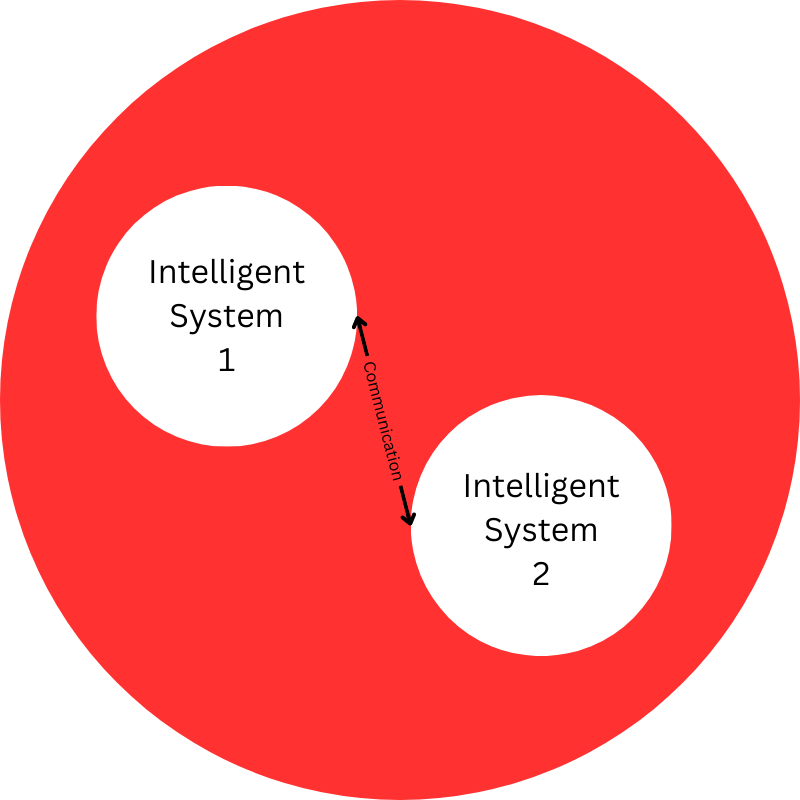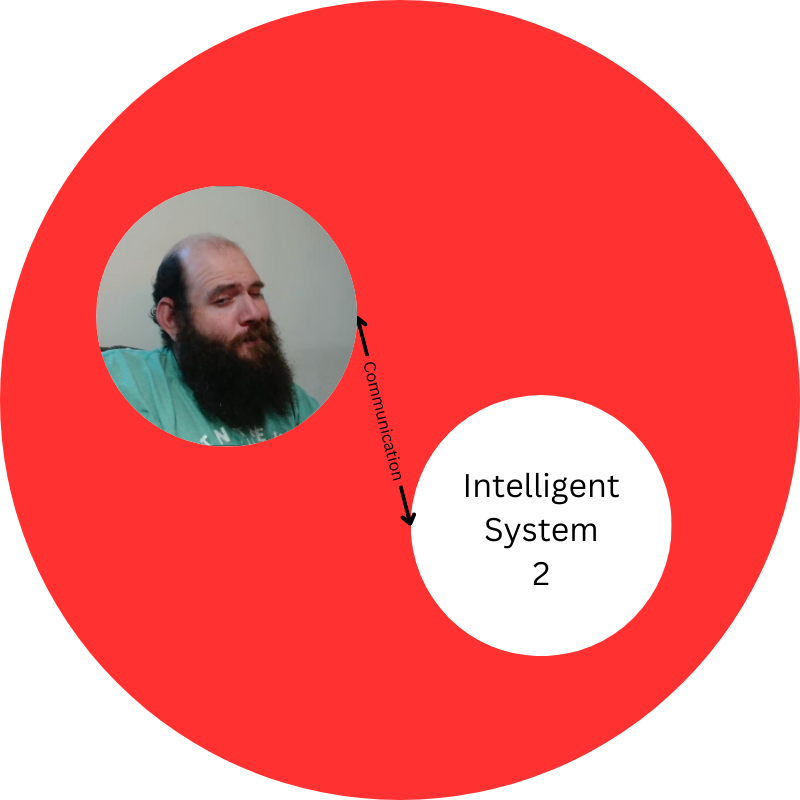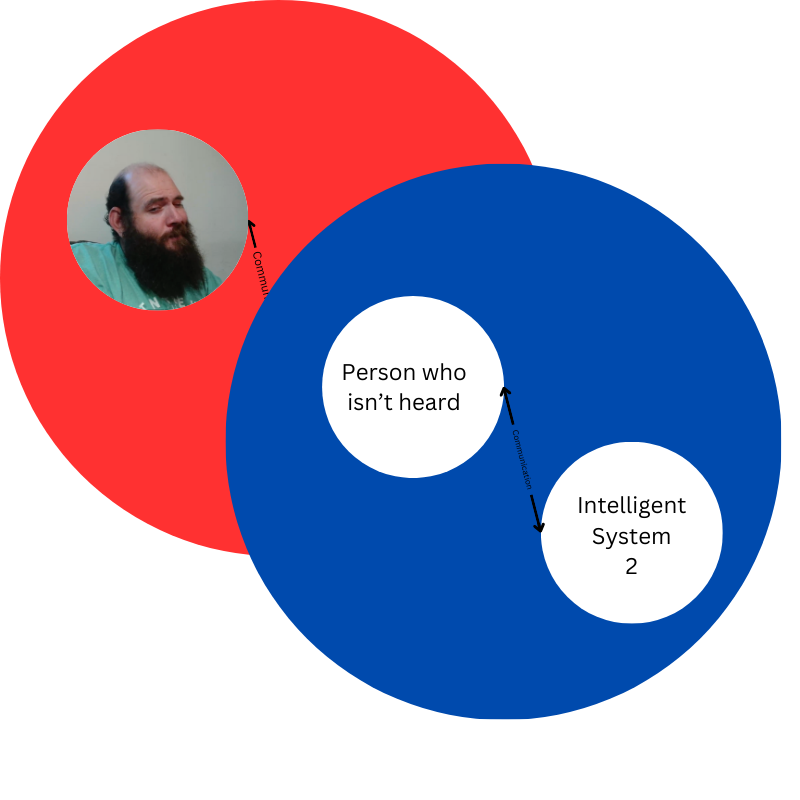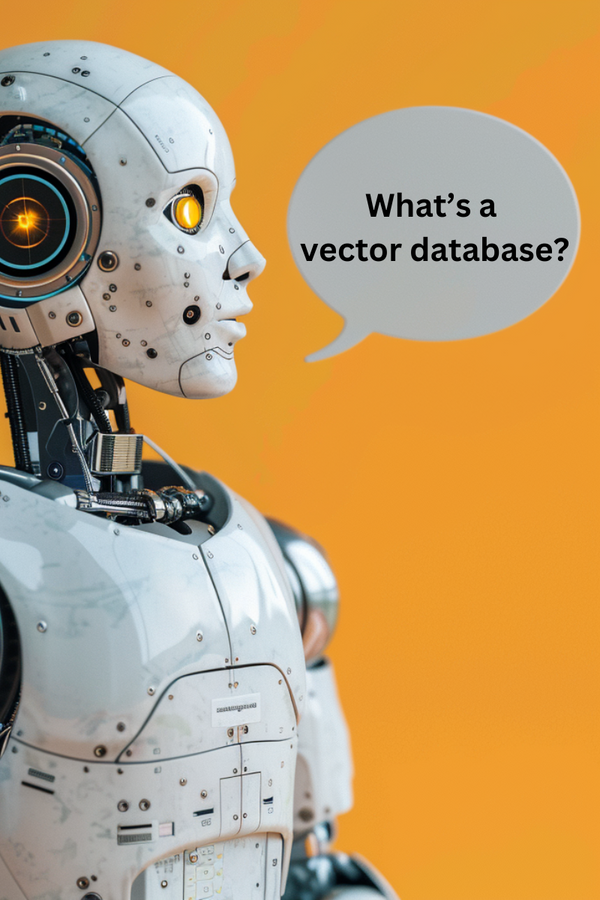Build Economies, Not Businesses
We need to simplify how we think about building businesses. Let's go back to first principles and build economies instead.
Have you ever asked people what they thought about the concept of businesses?
Have you ever thought about a business and what the purpose of it is?
Have you ever wondered what the world might look like without them?
Let's do a little bit of an experiment. We'll define a business from first principles, and see where we end up.
Ready?
Let's start by asking what purpose a business serves.
In my view, a business exists for a number of reasons:
- Legal separation between individuals and financial entities.
- Way to connect people to shared incentives.
- Store of information.
- Way for multiple people to share ownership/responsibilities/benefits
- Coordination mechanism
Ok, so basically, it's a way for groups of humans to work together toward shared interests, where nobody has to pay attention to everything.
Separation of concerns, but for humans.
Here's the biggest issue, though: we don't value the work the right way. Because time spent in a role no longer shows an accurate representation of market value. Some people can learn 10x as much in a given amount of time, but we rely on very shallow labels to decide what someone is worth on the market. So the people who control the money decide how much the various labels are worth.
We make people fit the budget instead of making the budget fit the people.
There are power dynamics living in the valuations.
According to the laws of quantum economics, this means that the flow of information is impeded and therefore this is an inefficient economy.
Instead of thinking in traditional business terms, let's see what we can do by simply building a quantum economy.
A quantum economy requires 2 things: more than one intelligent system as subsystems, and the ability for those subsystems to communicate with each other for the purposes of maximizing the value of a given input.
Let's create the simplest possible quantum economy.

So there are two subsystems that can communicate with each other, Intelligent System 1 (IS1) and Intelligent System 2 (IS2).
Is this a business? It could be if it wanted to be! That would add a bunch of legal complexity and protections for IS1 and IS2, and ensure that they can't screw each other over too badly.
But what if we just assumed that IS1 and IS2 like each other? Or at least, know they are working together to maximize the value created and don't worry about protecting themselves from the actions of the other.
"But Leo, you can't do that. You need to make sure the people in your quantum economy business can't screw you over."
Let's make this example real, and I'll show you something cool.
Let's get rid of IS1, and instead, I'll take its place.

Quite the handsome replacement for IS1, eh?
Ok, but I need some sort of IS2 to communicate with, right?
Let's add some real numbers to see something cool.
I need to set up a system that provides $20K/month of income to replace my income from having an employer.
So I've decided to offer a service for $10K. This means that I only need 2 clients/month to hit that number.
If I were building a traditional business, I might hire someone at $2K/month to find inbound leads. Then I could add that cost to the service and set the price of the service at $11K.
This is a bad deal though, both for the person I would hire and for me.
If they get me more than 2 clients/month, they are creating an extra $1K/client/month for me. If they don't get me 2 clients, then I won't have enough. The whole system collapses.
So what happens if they get sick and can't work? What happens to both of us?
It's not a robust system.
What if we tried to make it one?
First of all, instead of putting a specific person in that role, I want to define the task that needs done. In this case, it's a connection to someone who ends up becoming a client. And then I want to put a price on that action: $1K. And then, I simply need to put that out into the world. I don't need a specific person to make those connections. And in fact, it stands to reason that N people trying to make that $1K will have better results than 1 person trying to make that $1K.
Cool, but I still have to let people know that this opportunity exists, and we don't currently have a great way to do this. So let's do some magic now, shall we?
Please step into my time machine. We will now visit the quantum economy business of my future client in order to find someone who might be able to help us.
Ok, we are here. So, in order to find the person we are looking for, we need to know what my service is. I've got the belief that every company has extrememly valuable information contained within the people of the business, but it's getting overlooked if not actively ignored by the company structures. I help them uncover that information.
So there is someone in the business that isn't feeling heard. We need to figure out who that is by asking around. When we find out who that is, we can ask them about where they hang out, and we can share information there back in the present.
We can use alignment super-position to increase the potential efficacy of our economy. Let's see how this works.

Effectively, the person who isn't heard exists in two economies simultaneously. They exist within the economy of their company, where they aren't being appropriately valued.
And they can exist within my economy, acting as my connection to that company as a potential lead.
So every action they take is aligned in their interests and mine. They can potentially refer a lead to their company, knowing that there is information they have that is valuable and not being listened to. Then they can benefit from being heard. And I benefit from the work.
The cool thing is that these don't have to fully align. Anyone can make that referral. It doesn't have to be to the place they work.
But identifying someone who works there as a potential lead is thinking about it from the angle of people existing in multiple economies simultaneously, and that's the main point of quantum economics. There are layers and layers of economies that don't yet effectively communicate, so connecting those layers is a source of profit.
This system alignment allows everyone to succeed. And interestingly, also makes it incredibly hard to game the system. Results are tied to all incentives. This just uses creative targeting mechanics to prioritize targeting people who have incentives outside of the traditional "economic" incentives.
That's the data that isn't being focused on, so if you can understand how to see those patterns, you'll succeed where many others will end up failing. They'll be looking at the data they have right up until they hit the iceberg that they didn't see coming.
Most economic patterns exist only because people haven't really gotten particularly creative yet. They only last until the participants find a better pattern.
Better patterns exist, and they are here.
Welcome to the quantum economy.

